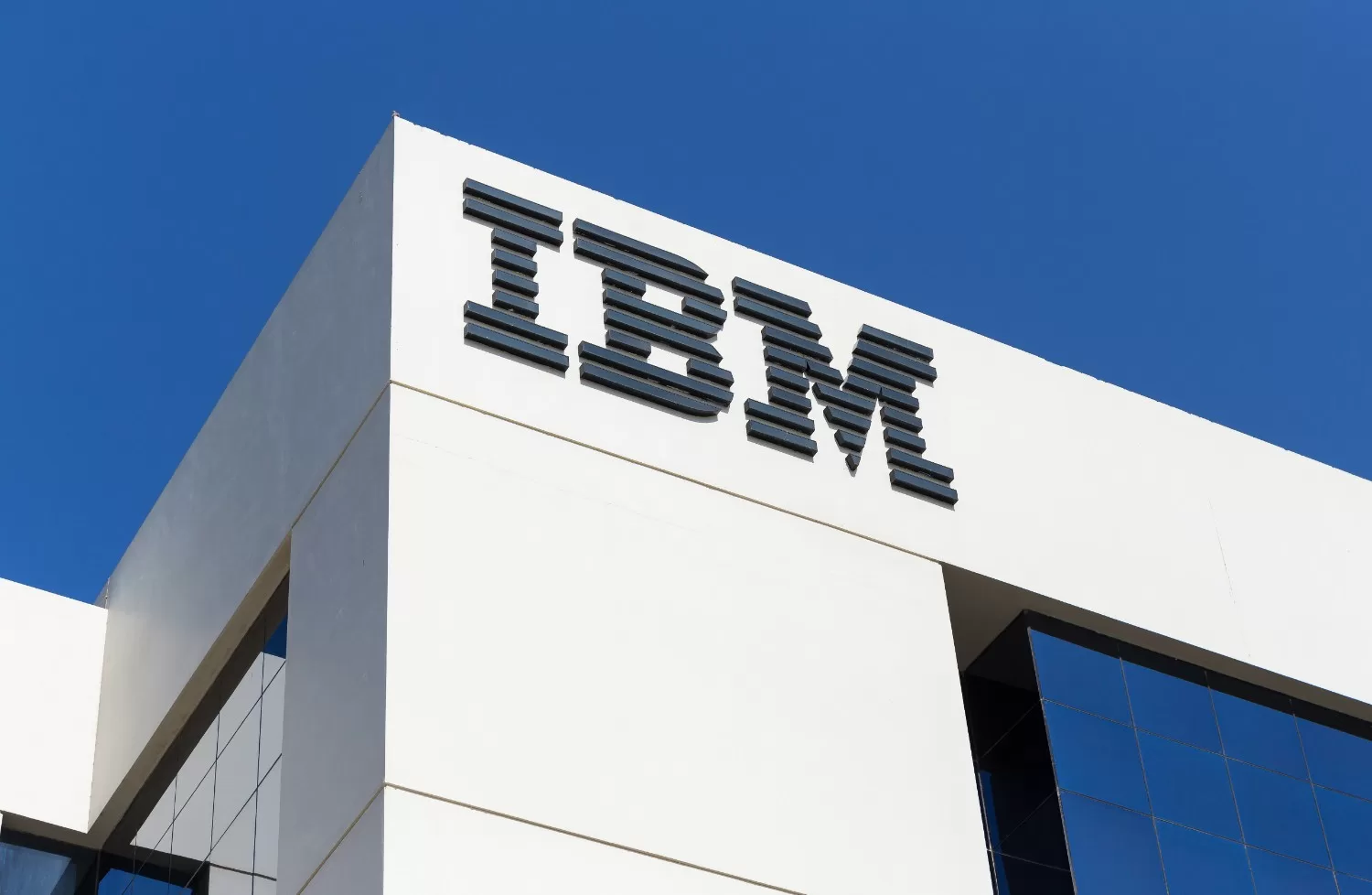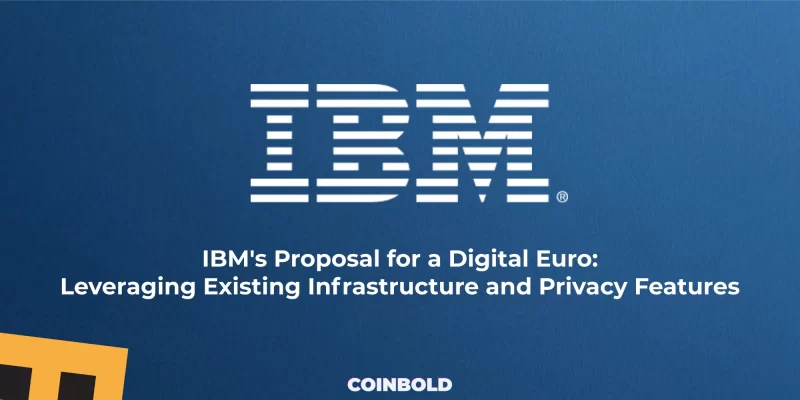In the rapidly evolving landscape of digital payments, IBM, a leading technology company, has taken a significant step by publishing an application report that envisions the implementation of a digital Euro. As digital currencies gain prominence worldwide, the Euro, which serves as the currency for over 20 countries, holds a pivotal role in the global economy. IBM’s report offers a strategic approach to harnessing the power of digital Euro adoption.

Building on Existing Foundations
IBM’s report starts by advocating the utilization of existing financial rails to expedite the adoption process and minimize unnecessary complexities. It recognizes the groundwork already laid by various stakeholders, providing a solid foundation upon which to construct a digital currency ecosystem.
Leveraging a Common Development Suite
To ensure the rapid integration of digital Euro into the financial sector, IBM proposes the use of a common development suite known as PSD2. This suite, widely adopted in the European FinTech sector, offers a versatile framework for making the digital Euro and its accompanying infrastructure readily accessible across a spectrum of financial applications within the ecosystem.
Privacy as a Cornerstone
The report places a significant emphasis on the privacy aspects of the digital Euro, addressing technical, operational, and legal considerations. It suggests that offline payments can uphold privacy through legislative proposals while remaining viable for online transactions.
IBM highlights the advantages of robust privacy measures, stating, “By allowing strong privacy for a significantly larger volume of cash-like payment transactions, a higher adoption rate is very likely, and it would allow for immediate detection of a potential double spend and counterfeiting.”
The Role of Distributed Ledger Technology (DLT)
IBM explores the potential of Distributed Ledger Technology (DLT) in enhancing the digital Euro experience. DLT can enable characteristics such as seamless and high-speed transfers, resilience, security, and transparency. Additionally, IBM acknowledges the promising zero knowledge technology, which has the potential to bolster data privacy for the digital Euro.
Adopting a Phased Approach
In line with best practices in technology development, IBM recommends a Minimum Viable Product (MVP) approach for rolling out the proposed digital Euro design. This approach involves launching an initial version with plans to iteratively improve and refine the implementation in subsequent phases.
IBM’s comprehensive application report underscores the importance of pragmatism and strategic thinking in realizing the digital Euro. By leveraging existing infrastructure, prioritizing privacy, and embracing advanced technologies, the journey toward a digital Euro becomes not only feasible but also a significant step forward in the evolution of digital currencies.

